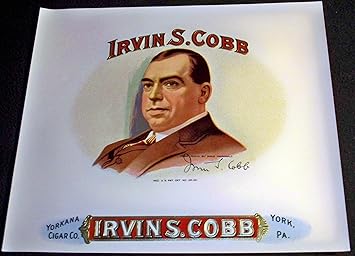Parker Fielder provided me with one of my very few accounting jokes. Did you hear the one about the Polish accountant? He ran away with the payables. Ka-voom-foosh. If you get it, you are on your way to passing first-semester accounting.
If you don't get it, not to worry, it's not that important. But it is a helpful introduction to a man who, though I did not know him well, I remember as smart, gentle witty—and, though I scarcely understood it at the time, a friend when I needed one.
Parker was a professor of tax law at the University of Texas—he died in 1985, but they still have a tax law conference down there in his name. He was also, not incidentally, awesomely competent: trained as an accountant, worked as an inspector general (a bean counter?) in the Army, graduated first in his class at UT law school, experienced as a tax lawyer in the oil patch, by almost any measure the right man for the job.
But whatever your caricature of a law professor, he probably didn't fit it. He was restrained and low-key, masking his formidable abilities behind a kindly smile.
I met Parker in the fall of 1979 when I showed up in Austin as a visiting professor, keeping the seat moist while David Epstein was off finding out he didn't want to be a dean at Arkansas. It was a transition point for me: I was newly single, on my own for the first time in adulthood. Short of company, I more or less imposed myself on the old boys' conversation in the faculty lounge. Parker was one who received me with courtesy and civility.
Along about mid-November, I got an invitation: would I like to be the guest of Parker (and his wife—to my shame, I do not remember her name) for Thanksgiving dinner. Well now that you mention it, yes I would. I didn't—don't--much cotton to holidays. But the thought of spending Thanksgiving actually all sole alone suggested an experiment I wasn't really eager to undertake.
So at the appropriate time and day, I presented myself Chez Fielder out in Austin's west hills. I found that this was no casual threesome. In fact, there was quite a crowd: in the kitchen, savoring the aroma of roasting bird; in the living room, gearing up for the football, even (though it was pretty chilly) drifting away from the crowds onto the patio.
Besides Parker I recognized, I think, only one person in the crowd—another bachelor law prof. But I figured it was a good day to be on my best behavior, so I started striking up casual chat. I quickly came to a generalization: this is a congregation of broken-winged birds—people with no place else to nest on the holiday. Here was a guy who ran some sort of medical missionary clinic, in a trailer out in the grassland. Here was a hip psychiatrist, recently washed up from San Francisco. And here was—well, here was me. I caught on for the first time: this was a whole flock of broken-winged birds. And I, too, was a broken-winged bird. And they had taken me in.
I can't remember much else in detail, except to say that it was one of the mellowest days of my life. I watched some football—something I almost never do—and I remember letting out a yell. At dinner, they partnered with me with the very Teutonic widow of a formidable professor. “Her husband,” I explained to the person at my elbow, “was the leading international law scholar of his generation.” “Sank you,” she responded gravely. After dinner, we played “Fictionary”--that game where your adversary has to guess whether your word is made up or real. I can still remember the psychiatrist saying “Gondi—the language of the Gonds”with such a leer that everybody voted for the lie (but he was telling the truth).
And so it went. Eventually, we drifted off home and I, at any rate, got on with my life. I hope I sent a thank-you note. I don't suppose I fully understood until much later what a favor they had done me. But hey, to remember this sort of thing, I should say that “Thanksgiving” is just the right time, not so?

